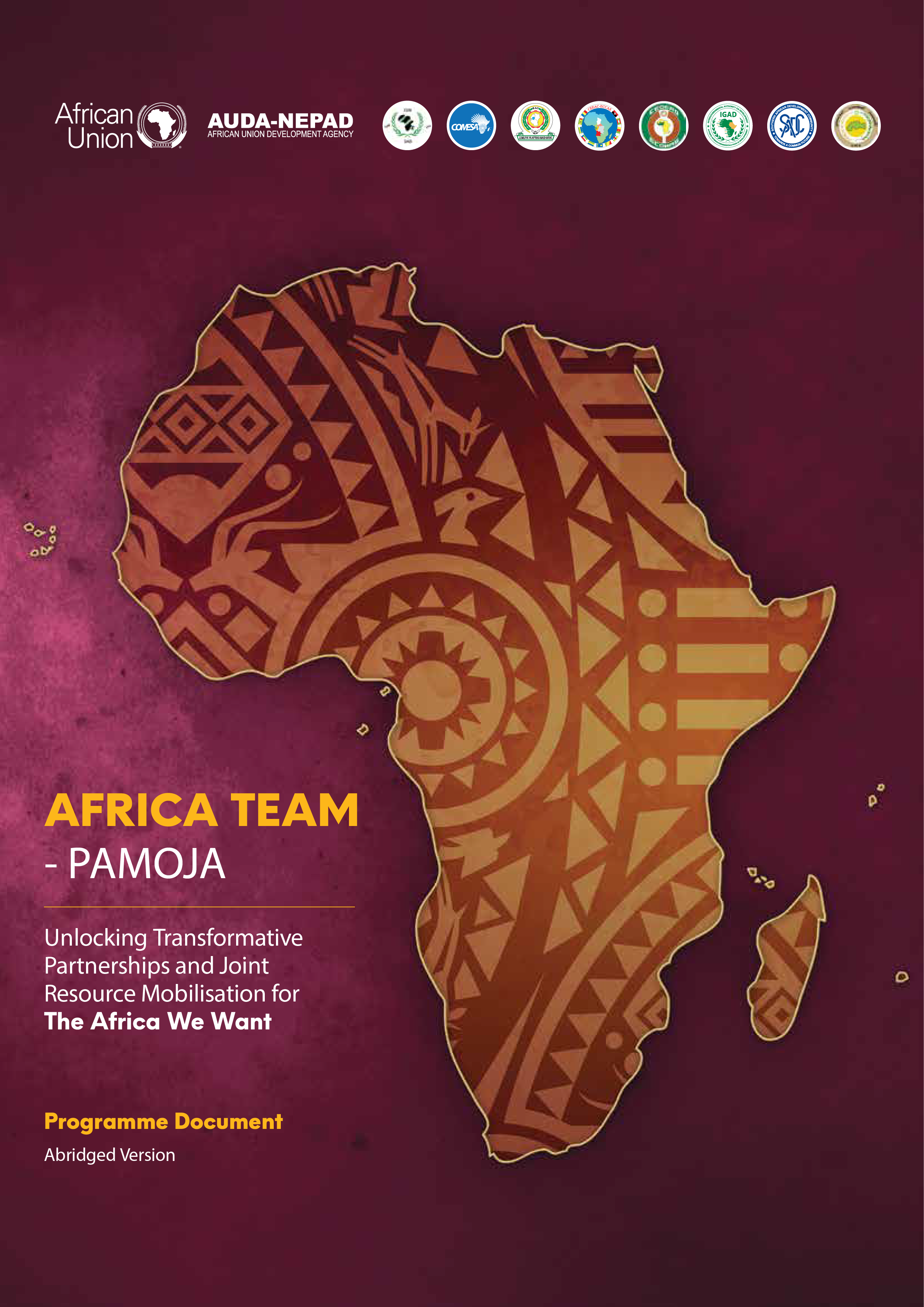The Africa Team Programme is an initiative developed by the African Union Development Agency (AUDA-NEPAD) to enhance delivery, accelerate implementation of flagship programs, and strengthen partnerships across the continent. The programme is embedded in the broader goals of Agenda 2063, the African Union’s strategic framework for inclusive and sustainable development.
Purpose and Vision
The Africa Team Programme aims to operationalize a continent-wide, multi-stakeholder approach for delivering on AU priorities. It seeks to:
- Improve coordination between AU Member States, regional bodies, and international development partners.
- Support effective execution of flagship and national priority programs.
- Ensure harmonized actions that address Africa’s most pressing challenges, from health to youth employment.
Background and Context
Despite significant progress, many AU initiatives face fragmentation and limited implementation capacity. Challenges include siloed programming, inconsistent coordination, and limited follow-through at the national level. The Africa Team Programme is designed to overcome these hurdles by establishing country-specific teams that integrate political, technical, and delivery capabilities.
Core Components
- Country-Based Africa Teams:
Multidisciplinary national teams comprised of government officials, development partners, AUDA-NEPAD staff, and sector specialists to support policy design, execution, and resource mobilization. - Supportive Mechanisms:
- Knowledge Management: Documentation of lessons, best practices, and implementation pathways.
- Peer Learning: Country teams share experiences and adapt successful models.
- Performance Tracking: Real-time monitoring of implementation progress to ensure accountability.
- Focus Areas:
- Youth empowerment
- Health and pandemic resilience
- Food systems transformation
- Education and digital transformation
- Infrastructure development
Partnerships and Collaboration
The Africa Team Programme promotes strong collaboration among AU departments, regional economic communities (RECs), UN agencies, development banks, and civil society. Strategic partners include GIZ, WHO, UNECA, UNDP, and the World Bank. Their role is to align technical assistance and funding with national priorities.
Implementation Strategy
The program is implemented in three phases:
- Inception and Pilot (2023–2024): Establish Africa Teams in pilot countries, test delivery mechanisms, and finalize standard operating procedures.
- Scale-up (2025–2027): Expand to additional AU Member States, deepen institutionalization, and enhance monitoring systems.
- Consolidation (2028–2030): Institutionalize Africa Teams as core platforms for implementation under Agenda 2063.
Governance Structure
AUDA-NEPAD leads the coordination through its country support missions, while the AU Commission provides policy direction. Africa Teams report both to national authorities and AUDA-NEPAD, ensuring dual accountability. A Steering Committee of high-level AU officials and partners oversees strategic alignment and resource mobilization.
Expected Outcomes
- Improved coherence and effectiveness in implementing AU programs.
- Enhanced country ownership and leadership in delivering development results.
- Accelerated achievement of Agenda 2063 targets.
- Greater transparency and mutual accountability among stakeholders.
Conclusion
The Africa Team Programme is a transformative mechanism to close the implementation gap in Africa’s development agenda. By embedding teams within countries and aligning them with AU priorities, it creates a unified system for planning, execution, and monitoring. It strengthens continental solidarity and accelerates progress toward Africa’s shared aspirations for peace, prosperity, and unity.



